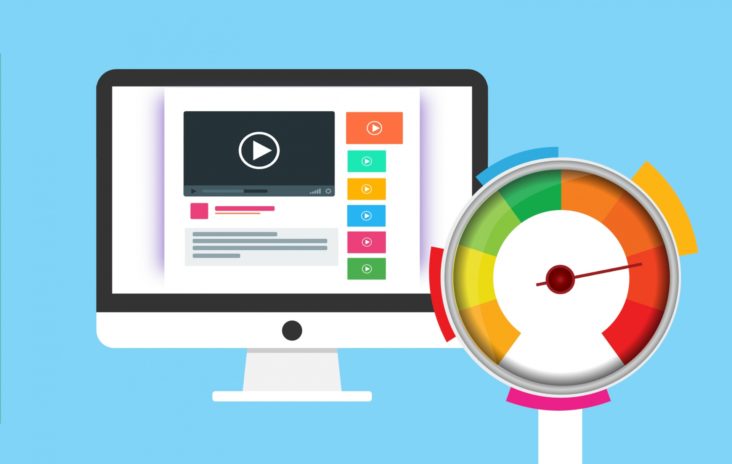Why Does Website Speed Matter?

As we enter into the third decade of the 21st century, the need for speed has risen when it comes to websites and website SEO. Speed has become vital for several reasons that range from improved page ranking to a higher conversion rate.
- Improved Ranking in Google Search: Google’s algorithm uses website speed as one of the indicators to rank the pages. Therefore, faster website speeds guarantee better ranking on a Google search.
- Enhanced User Experience: Speed is vital for enhanced user experience. A page that loads up easily, manages to catch the interest of the user and amounts to repeat visits. On the other hand, a slow loading website turns off the user and consumers are unlikely to revisit.
- Bounce Rate: A longer load time results in a higher bounce rate and lower average time on page.
- Conversions: The speed of a website is directly connected with the conversion rate. A fast loading website would have a higher conversion rate and vice versa.
How can I check website speed?
There are many online tools for analyzing website speed and performance and most of them are free. You can check your website speed with Google PageSpeed Insight or Gtmetrix for an in depth website analysis.
How can I improve my website speed?
Your website’s speed could be improved by a few of the following proven techniques.:
Choose a reliable and reputable host
Among the four types of hosting- shared hosting, Cloud Hosting, VPS, and dedicated server, you can choose the one which matches your budget. For Faster speed and performance, upgrade to a hosting server that can offer you increased RAM and CPU power.
Compress your files
Compression is a decent way to compress the size of your files. You can take the help of different software for file compression to bring down the file sizes of different JavaScript, HTML, and CSS files that are larger than 150mb. You can find several compression services for FREE via a simple Google search!
Optimize all images
Your images should be optimized to the right size and not bigger. Use PNGs for graphics and JPEGs for photographs. You could take the help of CSS sprites to create an image template for frequently used icons and buttons. The template joins the icons into one big image thereby saving time with fewer HTTP requests. You can use online compression tools like Optimole.
Decrease Redirects
Redirects add waiting time to the page loading duration. Therefore, keeping a minimal level of redirects is essential for a faster website.
Leverage Browser Caching
A lot of information could be cached in the browser so that on the subsequent visits by a user, the page does not have to waste time in reloading the entire content.
If your facing issues regarding your website speed and performance, and it has negatively impacted your website traffic and conversions, then don’t hesitate to reach out to our experts at Virtual Image. We will be happy to analyze your website and make our recommendations for your specific case.
